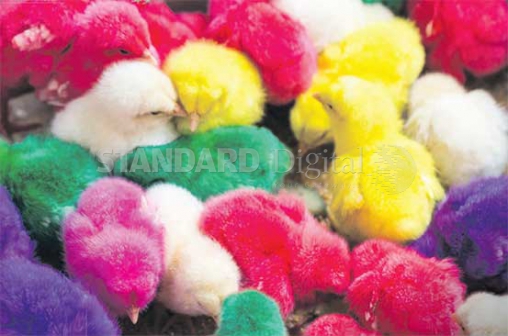×
The Standard e-Paper
Kenya’s Boldest Voice

Every poultry farmer has to endure the headache of chicken and eggs thieves commonly referred to as predators. These blood thirsty creatures are plentiful – ranging from domestic or feral cat or dog, foxes, hawks eagles that prey on both chicks and adult birds. Others like snakes, rats and mouse that prefer chicks and eggs. Of course there are human thieves too.